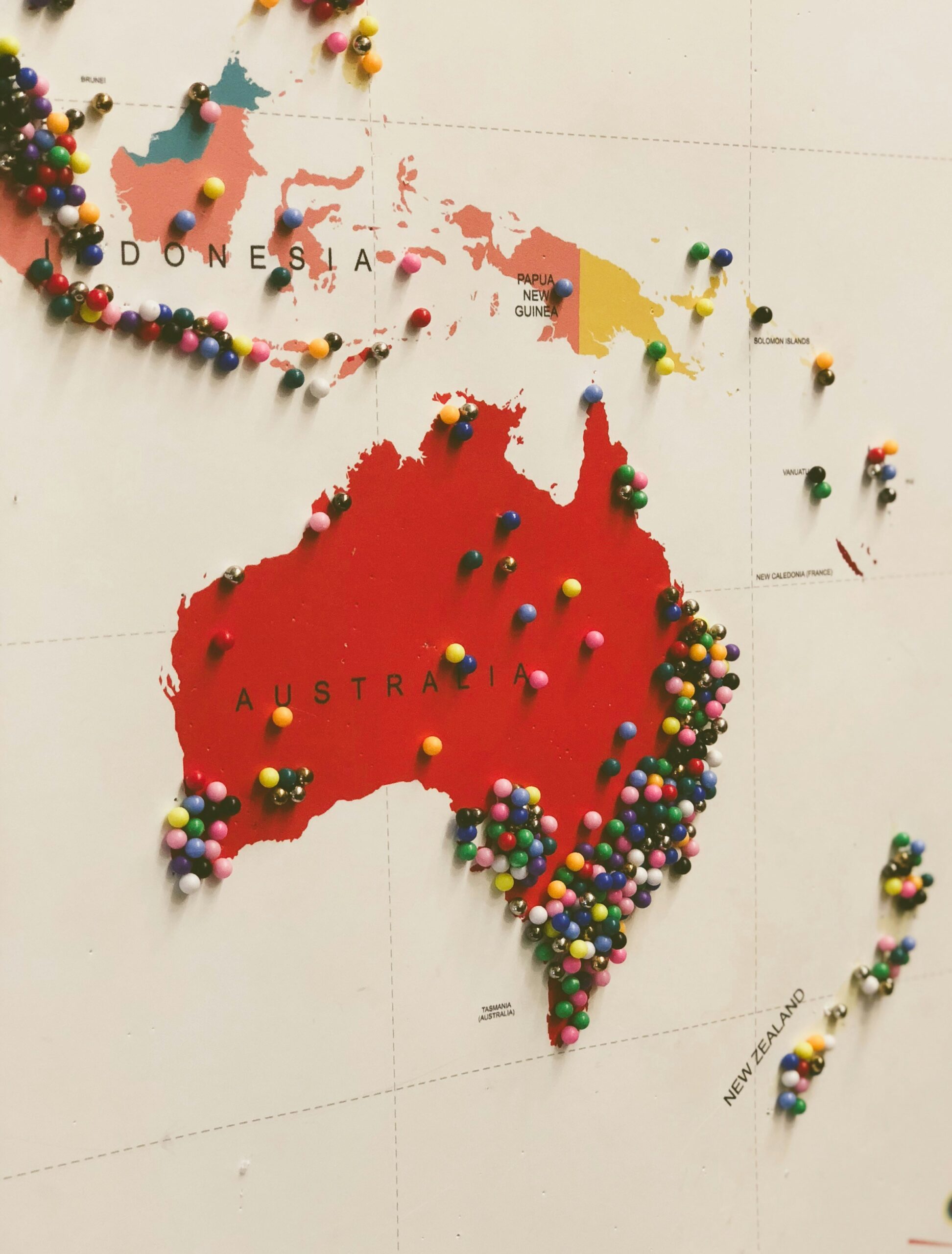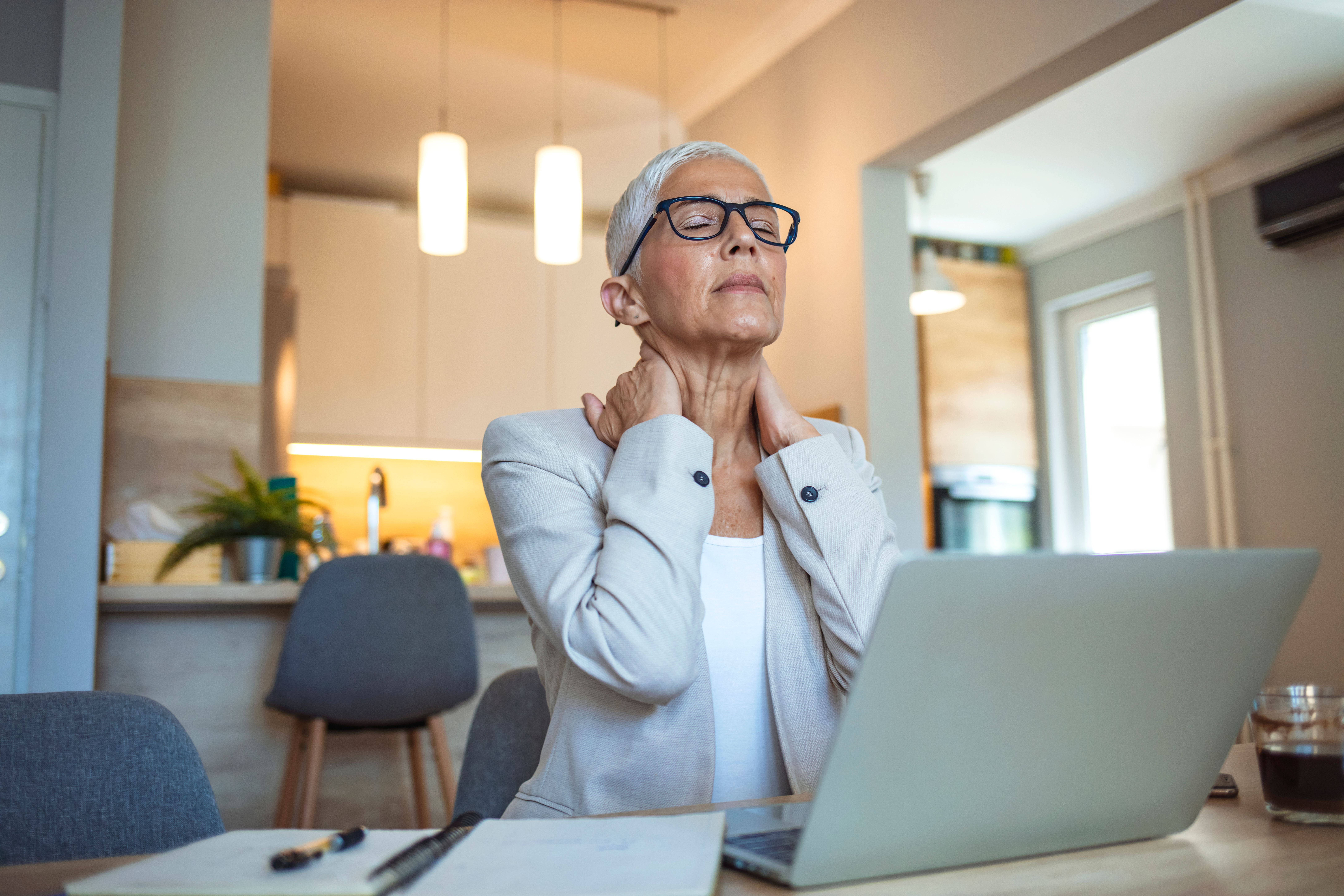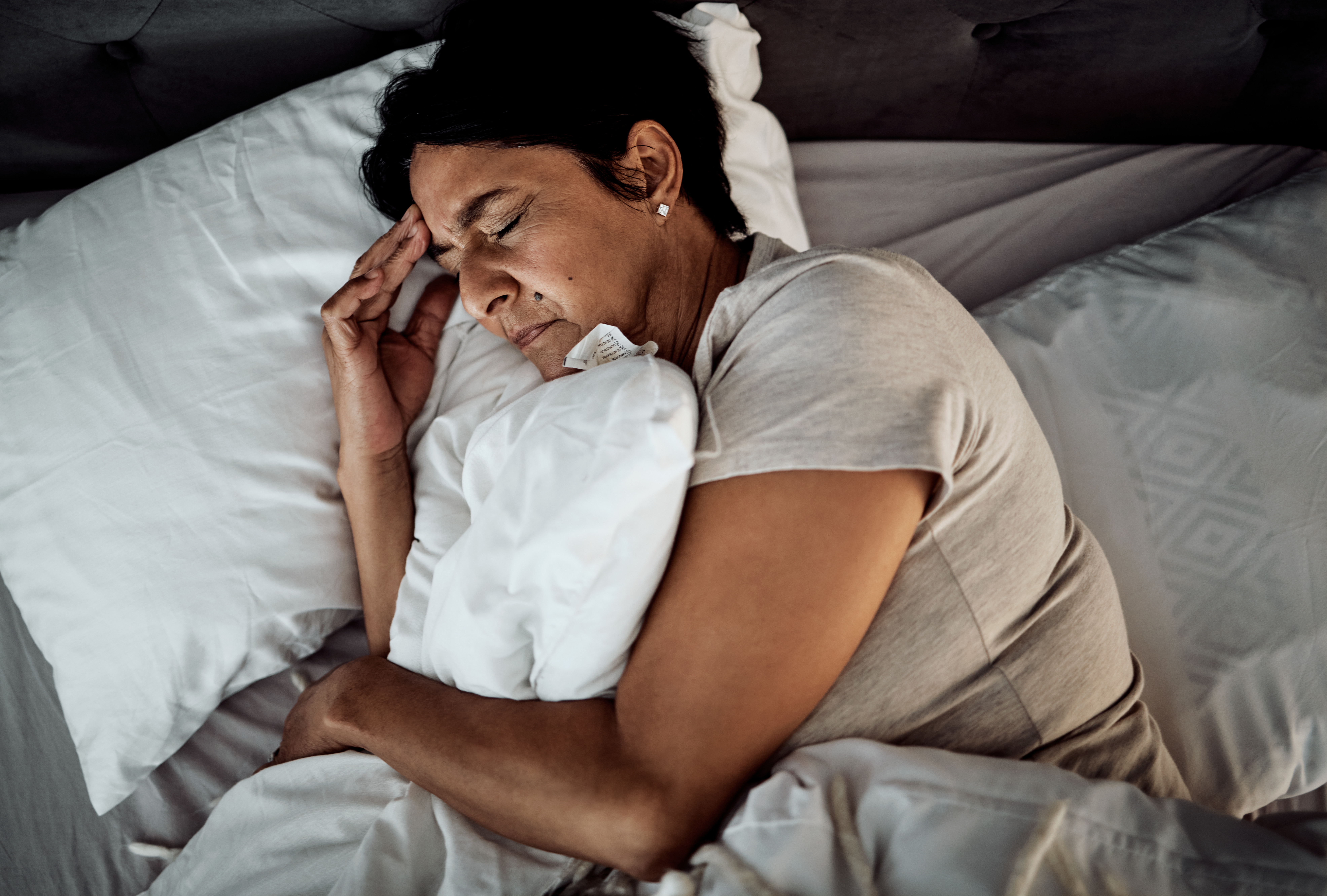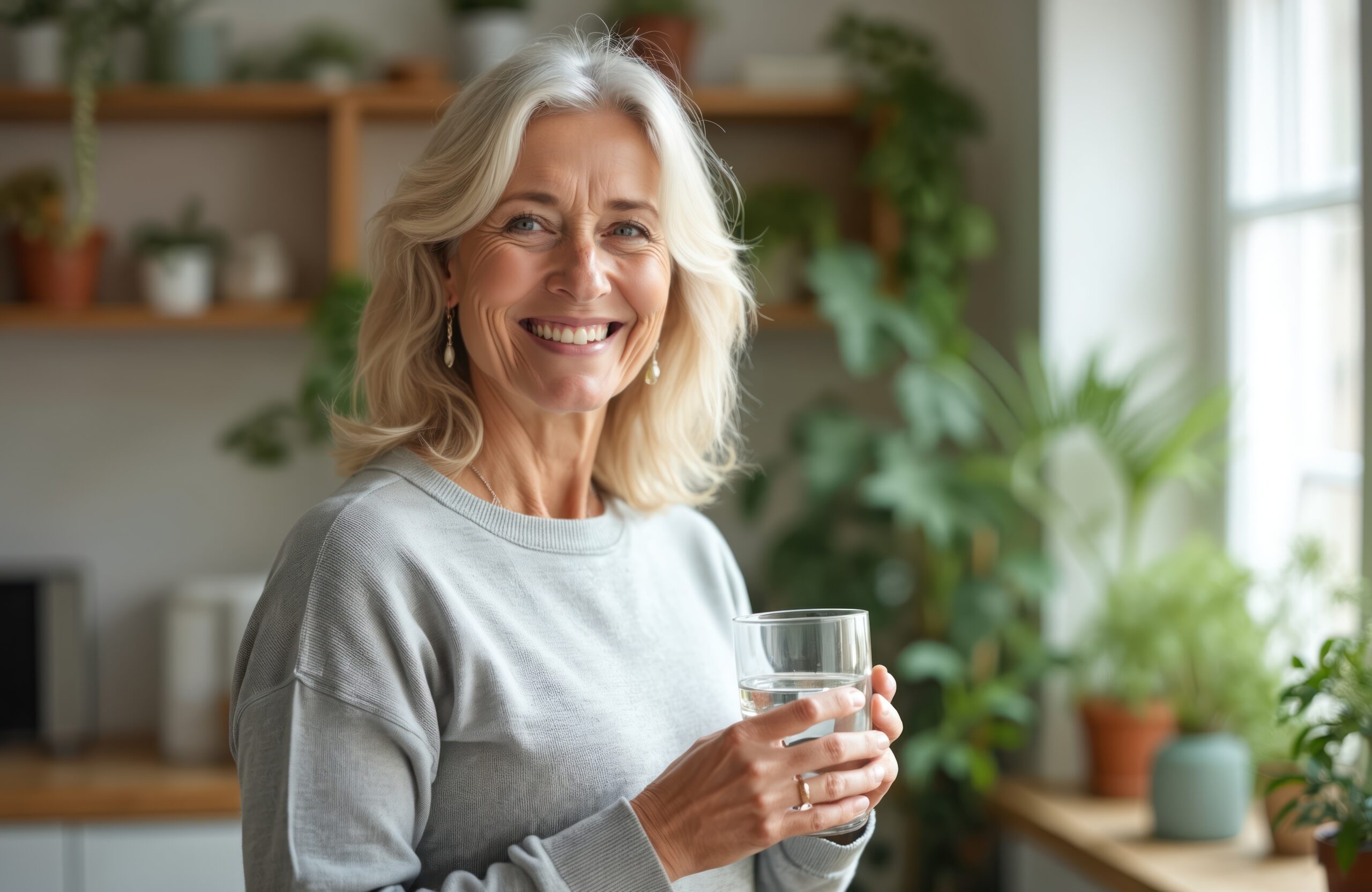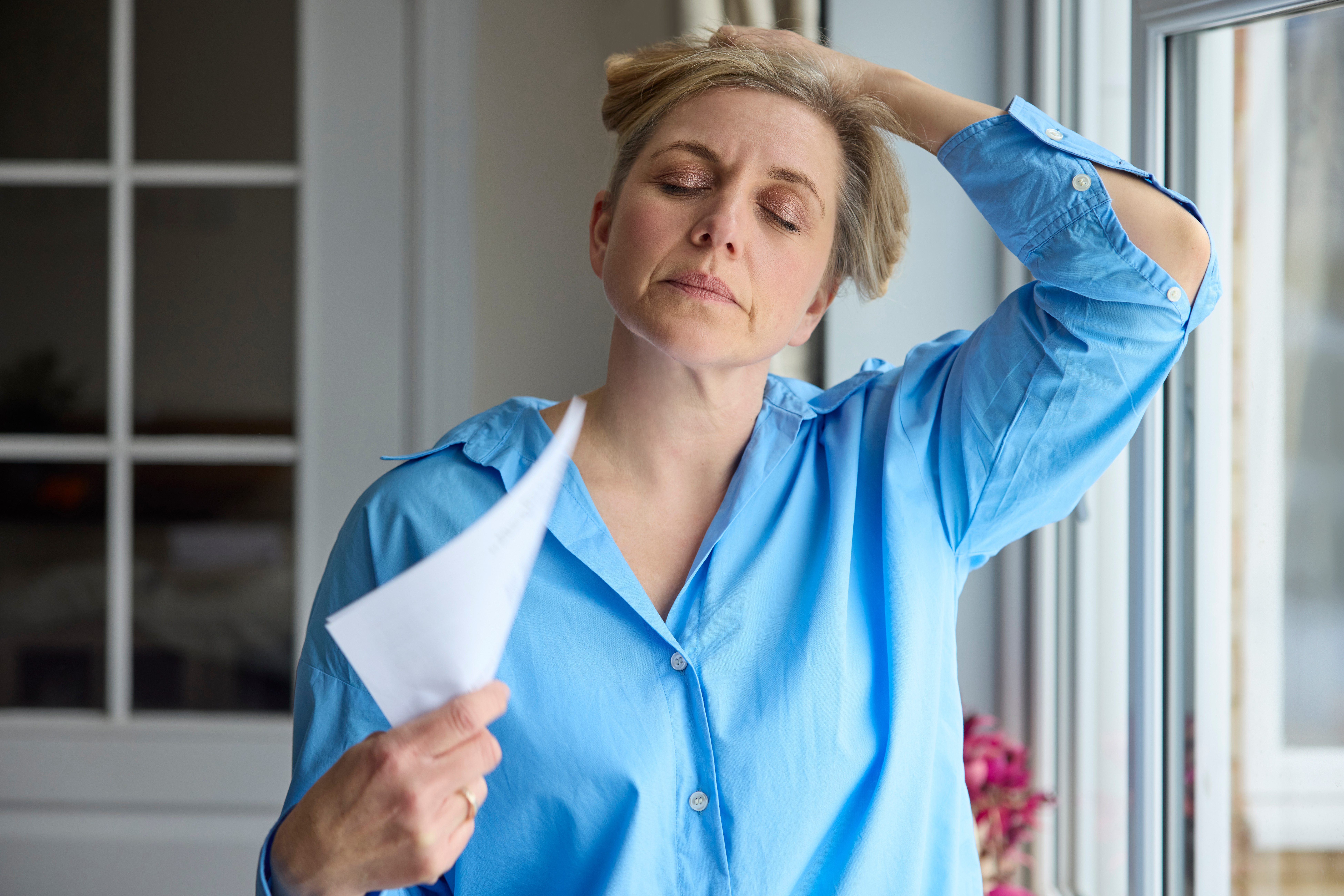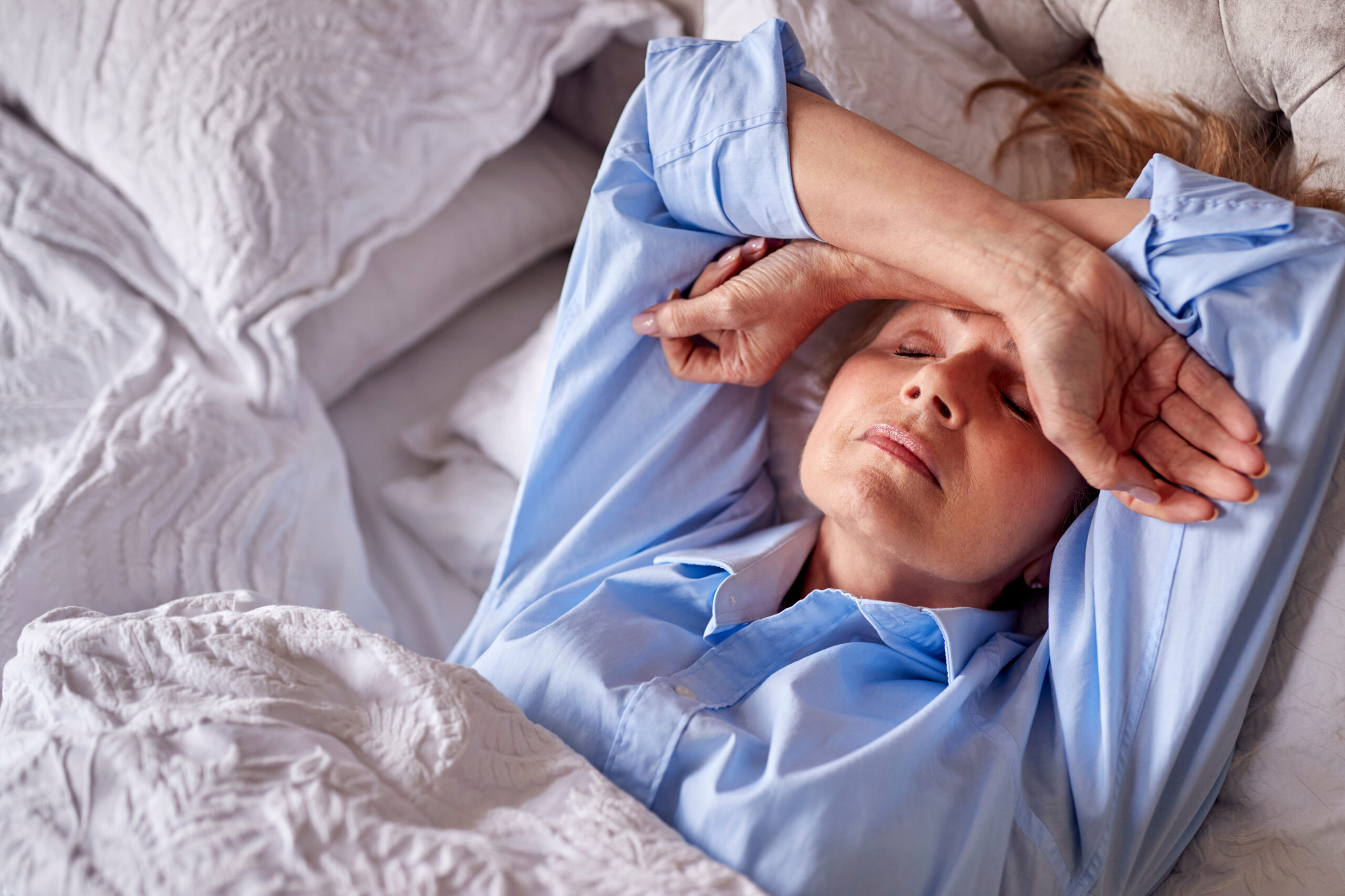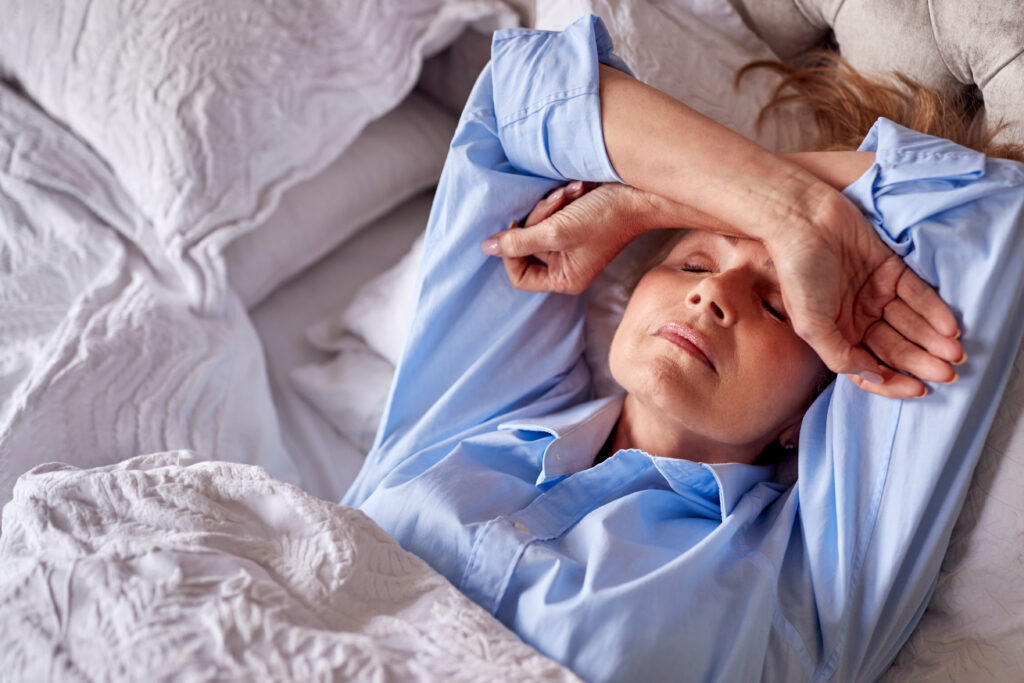
Waking with your pyjamas drenched, hair wet, and bed sheets damp or sodden?
While sweating at night can happen for many reasons — a hot sleeping space, illness, natural tendency to sweat excessively — one of the most common causes of night sweats is menopause.
Night sweats happen in around 1 in 5 women around the age of 50-58 years.
Women may need to learn to deal with night sweats. Here, we give you a foundation in the causes of night sweats, and help improve your quality of life… and sleep!
What Are Night Sweats?
Night sweats are hot flushes that happen at night and involve excessive sweating.
They can happen due to hormonal changes during menopause. Night sweats can:
- Affect your ability to fall asleep
- Decrease the quality of your sleep
- Interrupt sleep
Night sweats can be a real pain. They can feel gross or be distressing. You may need to change bedsheets or clothes, or do extra washing. You may not be able to share a bed with your partner. Long-term sleep disruptions can also make daily life harder to manage.
What Causes Night Sweats During Menopause?

The cause of hot flushes and night sweats has not been well understood and is still being studied. Research suggests that hot flushes and night sweats during menopause happen because levels of the hormone Oestrogen drop. This change affects a part of the brain that controls body temperature, making it more sensitive than usual. As a result, even small changes in body heat can trigger sudden feelings of warmth, sweating, and flushing.
Even though we don’t fully understand how night sweats happen, we know some of the main triggers. As for hot flushes during the day, these triggers include:
- caffeine
- alcohol
- hot drinks
- spicy foods
- stress
Coping Strategies for Night Sweats
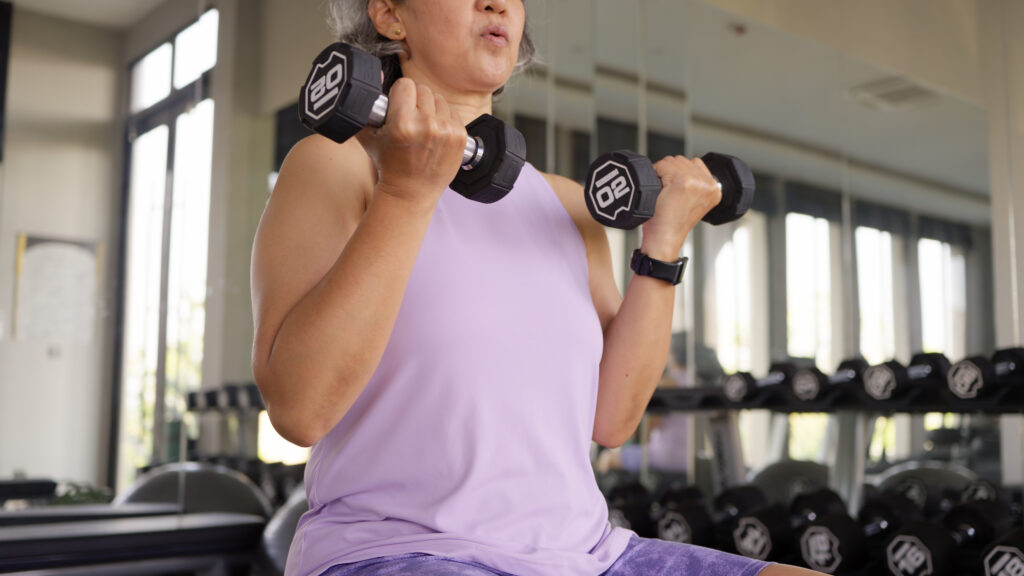
Coping strategies for night sweats include actions you can take during the day and bedtime options to help make your nights more comfortable.
During the hours before bed, consider these three lifestyle management strategies:
- Diet: Avoiding trigger foods and drinks. Some usual suspects that trigger hot flushes are caffeine, alcohol, hot drinks and spicy foods.
- Exercise: In a 2020 study, researchers found that many women felt exercising helped their hot flushes and night sweats. We also know that exercise, combined with a calorie-restrictive diet, aids in weight loss. Losing weight may help alleviate night sweats.
- Stress management: Cognitive behavioural therapy (CBT), breathing, relaxation meditation, and even hypnosis may be helpful for coping with night sweats.
Minor adjustments to your clothing and sleeping space can also help. Try these bedtime options for coping with night sweats:
- Using a fan or air conditioning, if available
- Wearing loose-fitting, natural-fibre pyjamas
- Choosing lightweight, natural-fibre bedclothes that you can easily peel off if you get too hot
- Keeping a glass or bottle of water handy to sip during the night
Natural Remedies for Managing Night Sweats

If night sweats symptoms affect your quality of life or your sleep, there are treatments that can help. Options include over-the-counter products available from your pharmacy that contain ingredients such as:
- Black Cohosh
- Plant Oestrogen
- Vitamin E
Remifemin, containing the natural active ingredient Black Cohosh, supports menopause symptom relief by reducing hot flushes and night sweats.
Remember: sweating, especially profuse sweating, can dehydrate you. To prevent dehydration due to night sweats, make sure you drink plenty of fluids throughout the day. It’s also worthwhile keeping a glass or bottle of water on your bedside table to top up your hydration if you wake during the night.
If night sweats continue to cause you distress, poor sleep may affect how well you manage daily life, make sure to visit your doctor. They can offer other treatments and strategies to manage night sweats and other symptoms of menopause.
